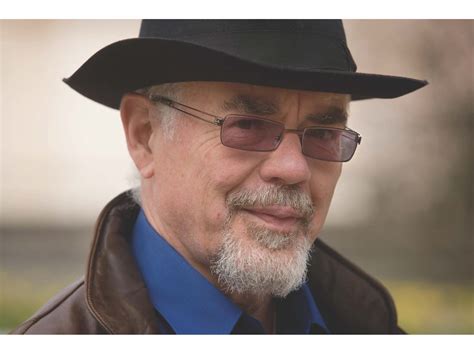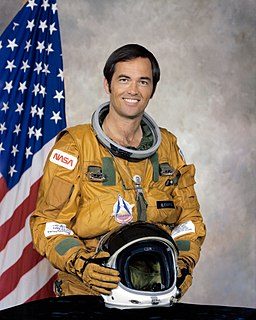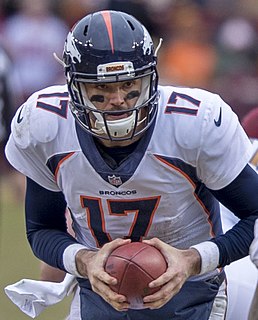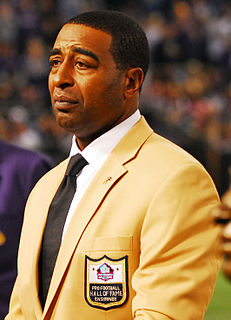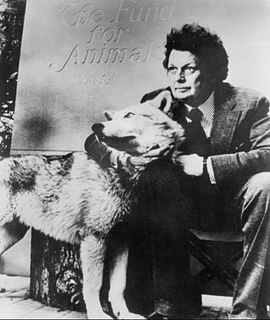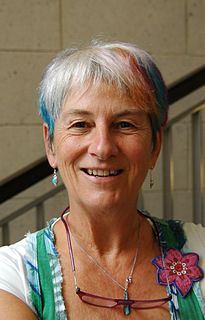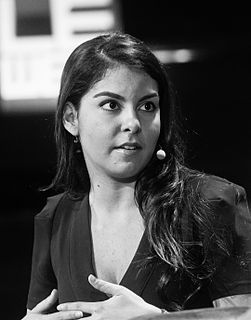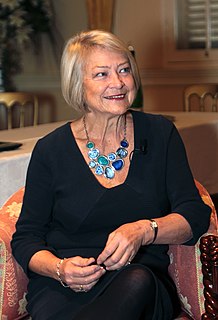Top 678 Selection Quotes & Sayings
Explore popular Selection quotes.
Last updated on April 14, 2025.
Most songwriting like poetry takes a careful selection of words. Sometimes you're just channeling something and a selection of words come out that you wouldn't normally say, but you come up with an assortment of words that are really special. It just makes sense even if it's normally how you wouldn't express yourself.
I have called this principle, by which each slight variation, if useful, is preserved, by the term Natural Selection, in order to mark its relation to man's power of selection. But the expression often used by Mr. Herbert Spencer of the Survival of the Fittest is more accurate, and is sometimes equally convenient.
You can be a thorough-going Neo-Darwinian without imagination, metaphysics, poetry, conscience, or decency. For 'Natural Selection' has no moral significance: it deals with that part of evolution which has no purpose, no intelligence, and might more appropriately be called accidental selection, or better still, Unnatural Selection, since nothing is more unnatural than an accident. If it could be proved that the whole universe had been produced by such Selection, only fools and rascals could bear to live.
Darwin repeatedly used the hypothesis of common ancestry as a platform on which to build his various ideas about testing hypotheses concerning natural selection. He also argued that adaptive similarities provide little or no evidence for common ancestry. Although this second claim needs to be fine-tuned, Darwin was right that ample evidence for common ancestry can exist even if none of the characteristics we observe were caused to evolve by natural selection.
If... deceit is fundamental to animal communication, then there must be strong selection to spot deception and this ought, in turn, to select for a degree of self-deception, rendering some facts and motives unconscious so as not to betray - by the subtle signs of self-knowledge - the deception being practiced.' Thus, 'the conventional view that natural selection favors nervous systems which produce ever more accurate images of the world must be a very naive view of mental evolution.
Quantitative work shows clearly that natural selection is a reality, and that, among other things, it selects Mendelian genes, which are known to be distributed at random through wild populations, and to follow the laws of chance in their distribution to offspring. In other words, they are an agency producing variation of the kind which Darwin postulated as the raw material on which selection acts.
Natural selection is the blind watchmaker, blind because it does not see ahead, does not plan consequences, has no purpose in view. Yet the living results of natural selection overwhelmingly impress us with the appearance of design as if by a master watchmaker, impress us with the illusion of design and planning.
Even today a good many distinguished minds seem unable to accept or even to understand that from a source of noise natural selection alone and unaided could have drawn all the music of the biosphere. In effect natural selection operates upon the products of chance and can feed nowhere else; but it operates in a domain of very demanding conditions, and from this domain chance is barred. It is not to chance but to these conditions that eveloution owes its generally progressive cource, its successive conquests, and the impresssion it gives of a smooth and steady unfolding.
Evolution is variation and selection. If you can vary alternatives, and select among them, improvement emerges. It works in technology, in apps, and in life itself. What stunned me about seasteading is that it's a technology for variation and selection in governance itself. The reason some two hundred nation-states do a poor job of governing seven billion people is that they don't vary, and people don't select.
The growth of our knowledge is the result of a process closely resembling what Darwin called 'natural selection'; that is, the natural selection of hypotheses: our knowledge consists, at every moment, of those hypotheses which have shown their (comparative) fitness by surviving so far in their struggle for existence, a competitive struggle which eliminates those hypotheses which are unfit.
The positive evidence for Darwinism is confined to small-scale evolutionary changes like insects developing insecticide resistance....Evidence like that for insecticide resistance confirms the Darwinian selection mechanism for small-scale changes, but hardly warrants the grand extrapolation that Darwinists want. It is a huge leap going from insects developing insecticide resistance via the Darwinian mechanism of natural selection and random variation to the very emergence of insects in the first place by that same mechanism.
The trick is: how do you talk about natural selection without implying the rigidity of law? We use it as almost an active participant, almost like a god. In fact, you could substitute the word 'god' for 'natural selection' in a lot of evolutionary writings and you'd think you were listening to a theologian.
Artificial selection turned the wolf into the shepherd, and the wild grasses into wheat and corn. In fact, almost every plant and animal that we eat today was bred from a wild, less edible ancestor. If artificial selection can work such profound changes in only ten or fifteen thousand years, what can natural selection do operating over billions of years? The answer is all the beauty and diversity of life.
Natural Selection is not Evolution. Yet, ever since the two words have been in common use, the theory of Natural Selection has been employed as a convenient abbreviation for the theory of Evolution by means of Natural Selection, put forward by Darwin and Wallace. This has had the unfortunate consequence that the theory of Natural Selection itself has scarcely ever, if ever, received separate consideration.
Creationists argue that natural selection is only a negative process, and therefore cannot create anything. Chopra argues that skepticism is only a negative process, and therefore does not lead to knowledge. Both are wrong for the same reasons. They ignore the generation of diversity and new ideas upon which natural selection and skepticism acts. Weeding out the unfit is critical to both - natural selection allows evolution to proceed, and skepticism allows science to advance.
For Mr. Elway to take me in the second round and show that trust that he has in me and the upside he thinks I have, I want to go out and there and prove him right. I want to be able to have him look back 10 years from now, 15 years from now, and have him be very proud about that selection and let him know that he did make the right selection.
One of the important things about religion is that it is a sphere which is partially protected from selection. Religious creativity occurs when people pull out of the whole selectivity issue. Becoming celibate - obviously you couldn't be less selective that that. Yes, selection is always in the background. But it's not always there in the foreground. If you don't understand that, you're missing a lot.
The human brain became large by natural selection (who knows why, but presumably for good cause). Yet surely most "things" now done by our brains, and essential both to our cultures and to our very survival, are epiphenomena of the computing power of this machine, not genetically grounded Darwinian entities created specifically by natural selection for their current function.
I believe that now and always the conscious selection of the best for reproduction will be impossible; that to propose it is to display a fundamental misunderstanding of what individuality implies. The way of nature has always been to slay the hindmost, and there is still no other way, unless we can prevent those who would become the hindmost being born. It is in the sterilization of failure, and not in the selection of successes for breeding, that the possibility of an improvement of the human stock lies.
The theory of natural selection is the centerpiece of The Origin of Species and of evolutionary theory. It is this theory that accounts for the adaptations of organisms, those innumerable features that so wonderfully equip them for survival and reproduction; it is this theory that accounts for the divergence of species from common ancestors and thus for the endless diversity of life. Natural selection is a simple concept, but it is perhaps the most important idea in biology.
Now let me step back from the problem and very generally discuss natural selection and what we know about it. I think it is safe to say that we know for sure that natural selection, as a process, does work. There is a mountain of experimental and observational evidence, much of it predating genetics, which shows that natural selection as a biological process works.
The basic formulation, or bare-bones mechanics, of natural selection is a disarmingly simple argument, based on three undeniable facts (overproduction of offspring, variation, and heritability) and one syllogistic inference (natural selection, or the claim that organisms enjoying differential reproductive success will, on average, be those variants that are fortuitously better adapted to changing local environments, and that these variants will then pass their favored traits to offspring by inheritance).
I have spent a lot of time arguing that the theory of group selection is not the stupid, pernicious doctrine that many biologists once claimed it to be. The theory is not just conceptually coherent; there are adaptations out there in nature (like reduced virulence in some viruses) that evolved because there was group selection.
There are good reasons why natural selection has become widely accepted as an explanation of evolutionary development. When applied to mammals and other large animals, it fits perfectly. But we cannot assume that all evolutionary steps arise from selection, particularly when looking at smaller animals.
Group selection and individual selection are just two of the selection processes that have played important roles in evolution. There also is selection within individual organisms (intragenomic conflict), and selection among multi-species communities (an idea that now is getting attention in work on the human microbiome). All four of these levels of selection find a place in multi-level selection theory.
A complete theory of evolution must acknowledge a balance between "external" forces of environment imposing selection for local adaptation and "internal" forces representing constraints of inheritance and development. Vavilov placed too much emphasis on internal constraints and downgraded the power of selection. But Western Darwinians have erred equally in practically ignoring (while acknowledging in theory) the limits placed on selection by structure and development what Vavilov and the older biologists would have called "laws of form.
Throughout his last half-dozen books, for example, Arthur Koestler has been conducting a campaign against his own misunderstanding of Darwinism. He hopes to find some ordering force, constraining evolution to certain directions and overriding the influence of natural selection. [...] Darwinism is not the theory of capricious change that Koestler imagines. Random variation may be the raw material of change, but natural selection builds good design by rejecting most variants while accepting and accumulating the few that improve adaptation to local environments.









